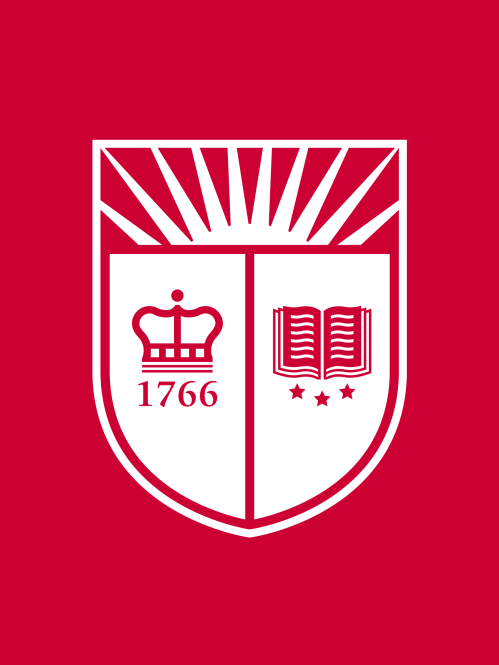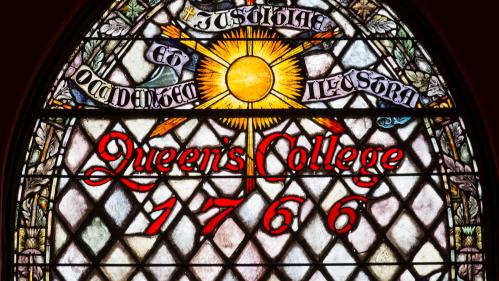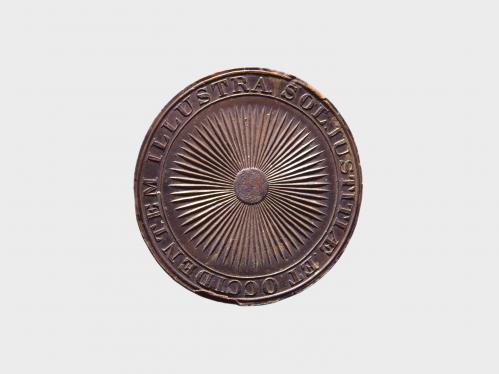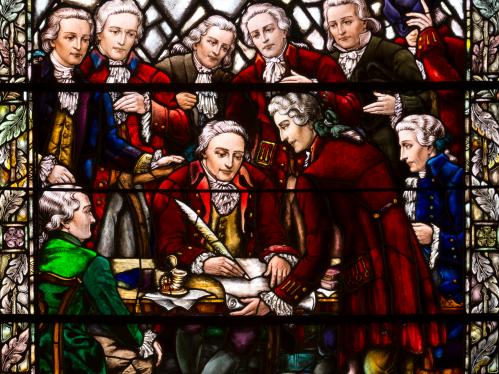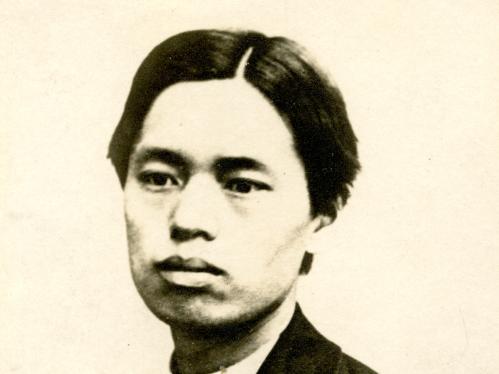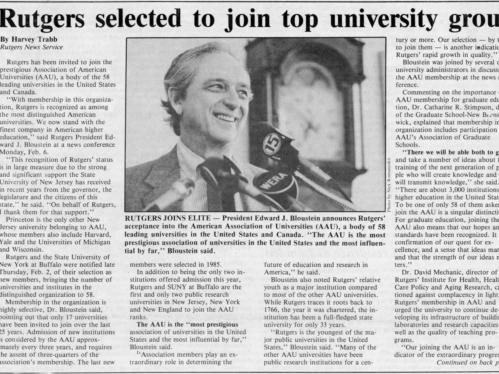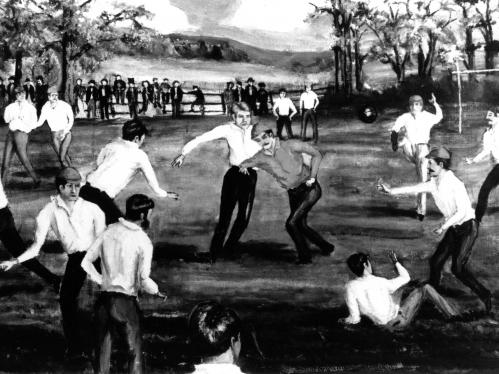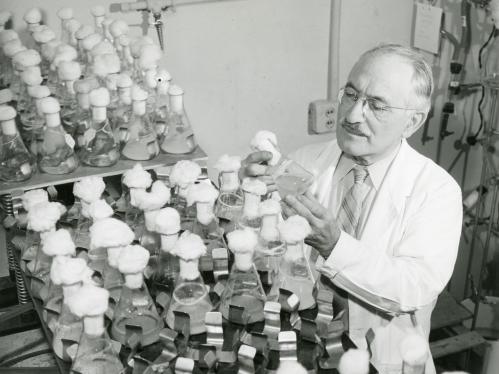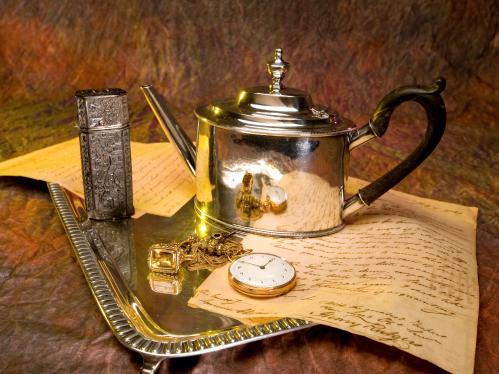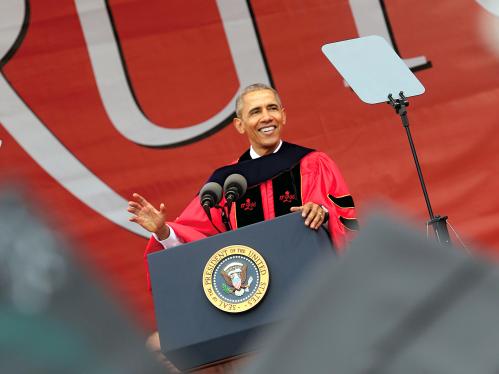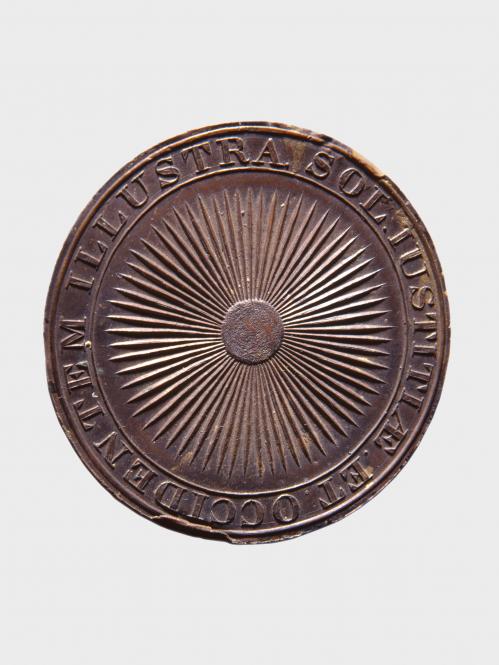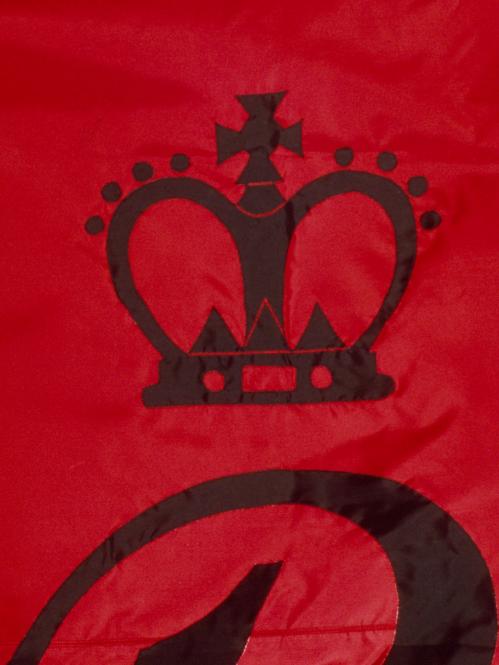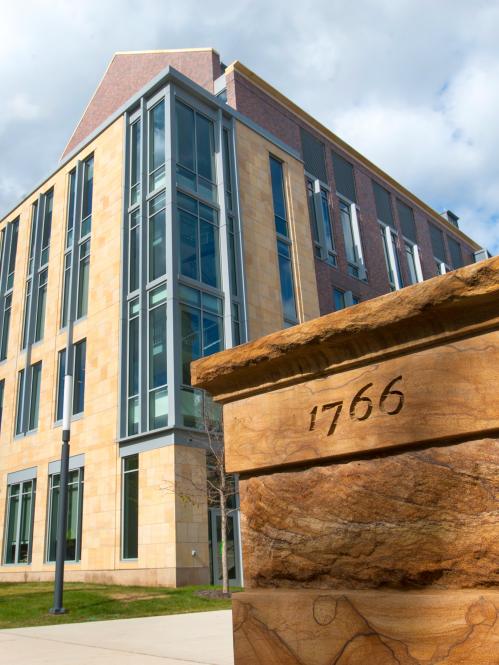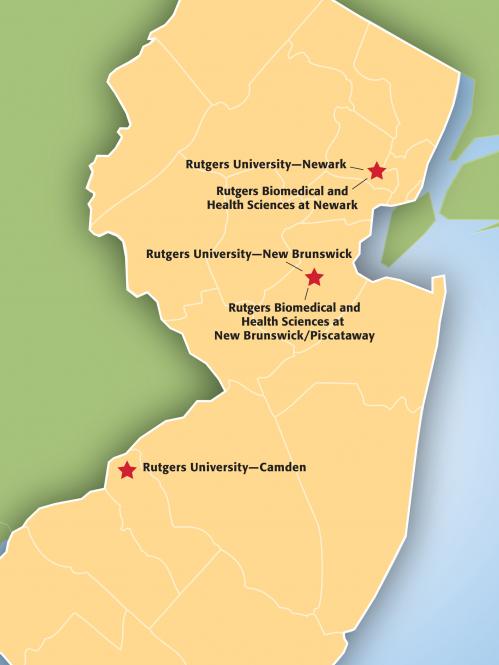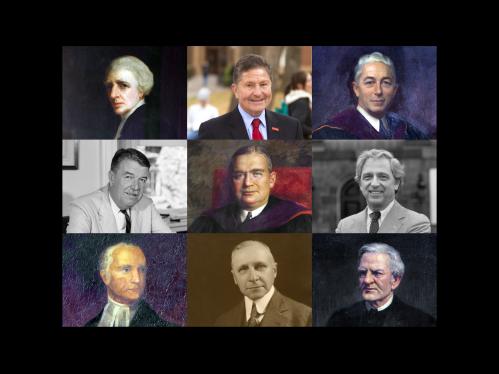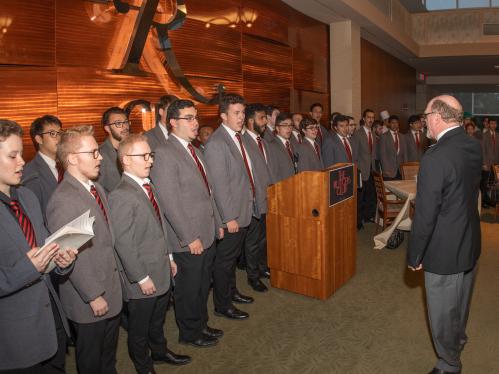1867 Kusakabe Taro is first Japanese student to enroll in a U.S. college
1892 James Dickson Carr is first African American to graduate from Rutgers
1918 Founding of New Jersey College for Women, which would become Douglass Residential College
1919 Paul Robeson gives the valedictory speech to fellow graduates in the Class of 1919. Robeson, an accomplished student and athlete at Rutgers, would go on to become a world-renowned actor, singer, and global human rights advocate
1969 Black students advocate for diversity in Conklin Hall takeover, sparking inclusion across the university
1972 Rutgers College admits its first full class of women students
1997 Rutgers University–Newark ranks as nation’s most diverse university by U.S. News & World Report, beginning a 22-year run in the top spot
2017 Rutgers renames landmarks to honor African Americans in Rutgers history
2021 Rutgers announces historical plaques will be installed at four New Brunswick locations: Hardenbergh Hall, Frelinghuysen Hall, Wood Lawn Mansion, and Livingston Campus. The plaques will acknowledge Rutgers' connections to early benefactors whose families made their fortunes through the slave economy.
